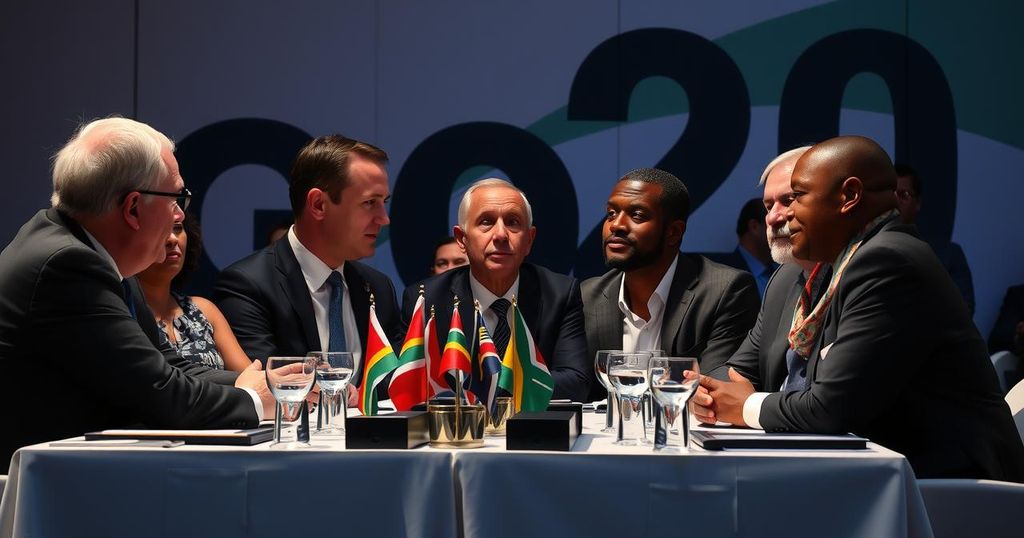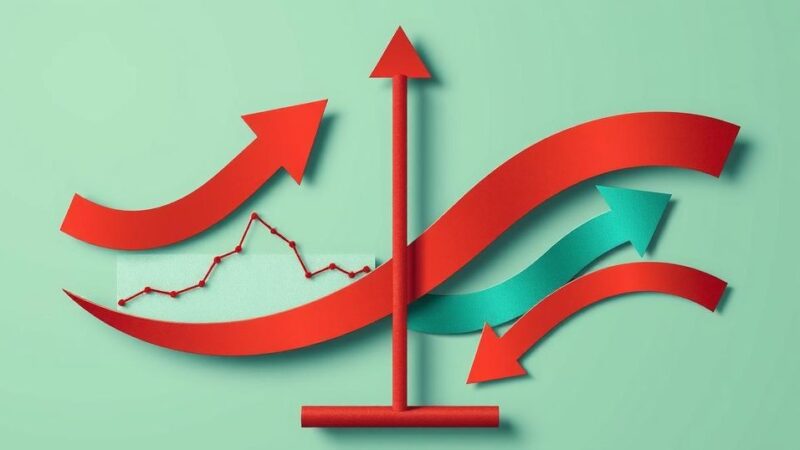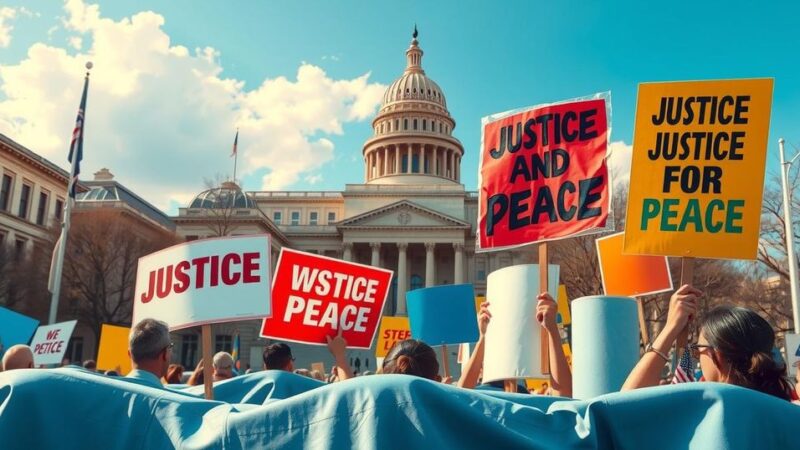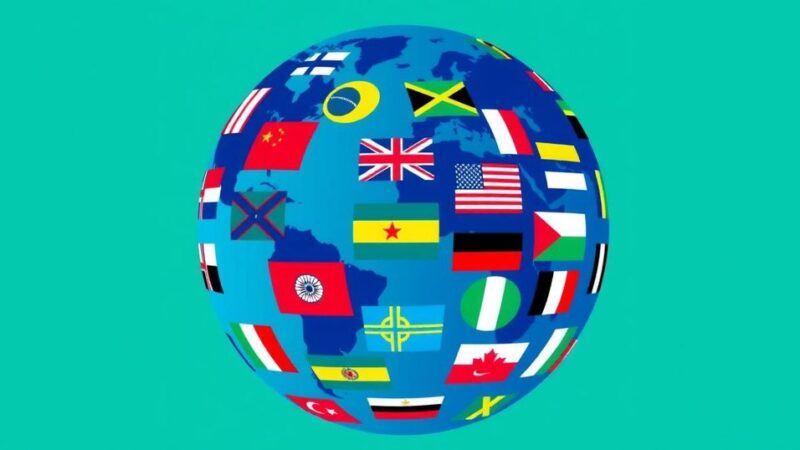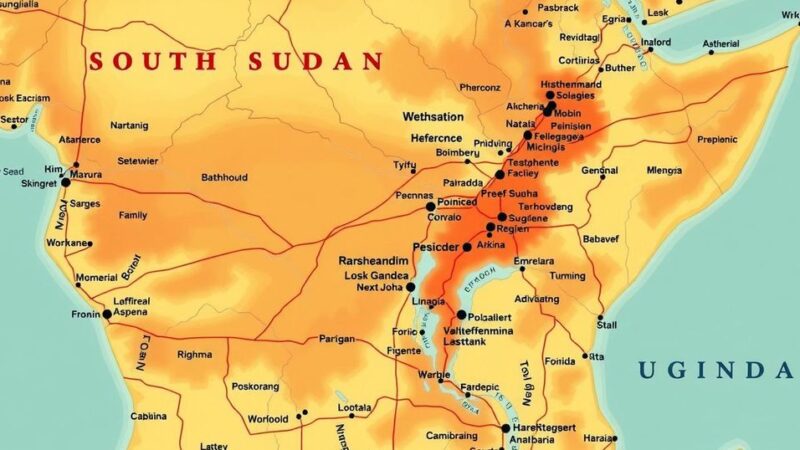South Africa has assumed the G20 presidency under President Cyril Ramaphosa, emphasizing climate change, debt relief, and economic transformation. The agenda includes leveraging Africa’s critical mineral resources, notably cobalt. However, challenges arise from geopolitical conflicts and tensions, particularly between the US and China, testing the President’s diplomatic skills and commitment to consensus-building.
South Africa, under the leadership of President Cyril Ramaphosa, has proudly taken the helm of the G20, marking a historic milestone as the first African nation to preside over this influential group. The presidency is characterized by a robust agenda that emphasizes critical issues such as climate change, debt relief, and economic transformation. President Ramaphosa aims to harness Africa’s wealth in critical minerals, specifically citing the need to utilize resources like cobalt from the Democratic Republic of the Congo to stimulate growth across the continent.
Moreover, South Africa’s strategy entails striking a delicate balance among competing global interests, especially in the context of ongoing international tensions, such as those stemming from the conflict in Ukraine. Analysts posit that President Ramaphosa’s experience in fostering consensus, as evidenced during the drafting of South Africa’s 1996 constitution and the organization of the 2023 BRICS summit, will be crucial for his success in leading the G20. Nevertheless, his diplomatic capabilities will be rigorously challenged by increasing US-China tensions, rising protectionism, and Africa’s call for more equitable global policies.
The G20, comprised of the world’s major economies, is a forum for international economic cooperation and decision-making. South Africa’s presidency comes at a significant moment as it seeks to advocate for African interests on a global platform. The focus areas outlined by President Ramaphosa are critical in navigating the complex global landscape marked by environmental crises and economic disparities. The emphasis on climate change and debt relief aligns with broader global priorities while spotlighting the unique challenges faced by African nations.
In conclusion, South Africa’s leadership of the G20 presents a unique opportunity to advocate for African priorities on the global stage. President Cyril Ramaphosa’s proposed focus on climate change, economic transformation, and debt relief resonates with pressing global challenges. As he navigates a fraught geopolitical climate, his success will depend on his ability to build consensus and represent the interests of not only his nation but also the wider African continent.
Original Source: iafrica.com
